Professionalism

Not all real estate practitioners are created equal. There is a big difference between a real estate licensee and a Realtor®. Only a practitioner who has agreed to accept and abide by the Code of Ethics of the National Association of Realtors® can call himself/herself a Realtor®.
The Code of Ethics, first adopted over a century ago, is a living document. Its content is responsive to changes in law and industry. The Code has been revised and modified over the years to reflect developments in the professional real estate practice.
Despite the best of intentions, occasional conflicts and disagreements arise between Realtors® and/or between Realtors® and their clients or customers.
Many times, the Code of Ethics offers guidance for resolution. Many difficulties between Realtors® and their customers or clients result from misunderstanding or miscommunication. Individuals having difficulties with a Realtor® may want to speak with the Realtor® managing broker. Open, constructive discussion oftentimes resolves questions and/or difficulties, eliminating the need for further action.
The Seacoast Board of REALTORS® offers its members and their clients and customers a means to expedite certain complaints without going to court. A Realtor® or member of the public who believes a Realtor® has acted in an unethical manner that is in violation of the Code of Ethics may seek resolution by filing an ethics complaint with The Seacoast Board of REALTORS®.
Who to Contact First
Ombudsman
NHAR Ombuds are trained REALTOR® members who are familiar with the Code of Ethics, state real estate regulations and current real estate practice. They can field and respond to a wide variety of inquiries and issues, including general questions about real estate practice, transaction details, ethical practice and enforcement issues. These inquiries can come from members of the public or other REALTOR® members.
Ombuds can receive and respond to questions and concerns about members, can contact members to inform them that a client or customer has raised a question or issue and can contact members to obtain information necessary to provide an informed response.
The Ombuds’ role is one of communication and conciliation, not adjudication. Ombuds can help identify and resolve misunderstandings and disagreements before matters ripen into disputes and possible charges of unethical conduct.
Ombuds do NOT:
- Make decisions or determine right or wrong
- Give legal advice
- Refer matters to the NH Real Estate Commission
- Refer matters to Grievance unless possible violation of the public trust is involved
For more information about the NHAR Ombuds Program and/or to speak with an Ombuds, call 603-225-5549.

Why Pursue Mediation First?
We recommend beginning with mediation, as a simpler process with the widest range of possible outcomes.
Mediation
- Low or no cost
- Little delay
- Win/win outcome
- Collaborative
- Maximum range of solutions
- Improves relationships
Arbitration
- Moderate cost
- Moderate delay
- Win/lose/split
- Adversarial
- Result limited to monetary award
- May damage relationships
